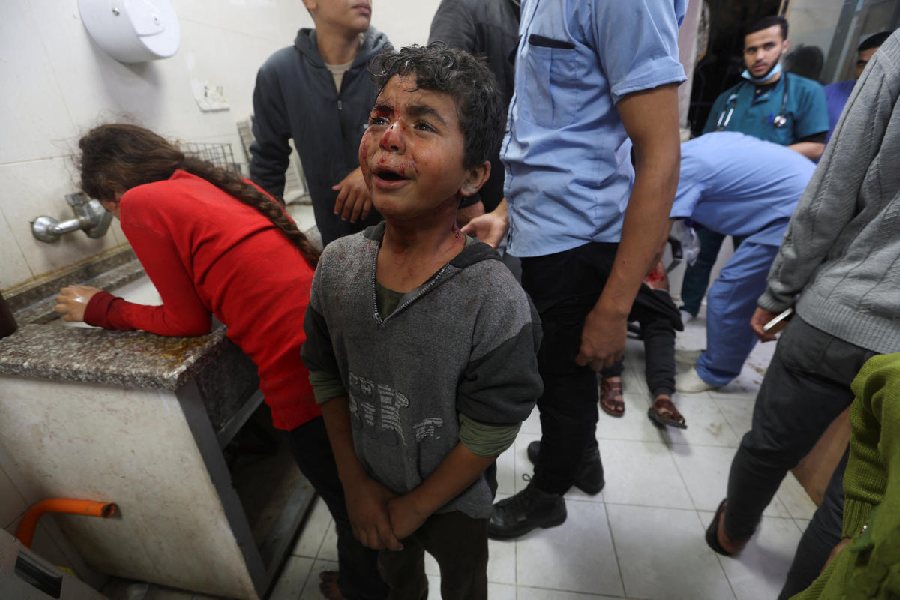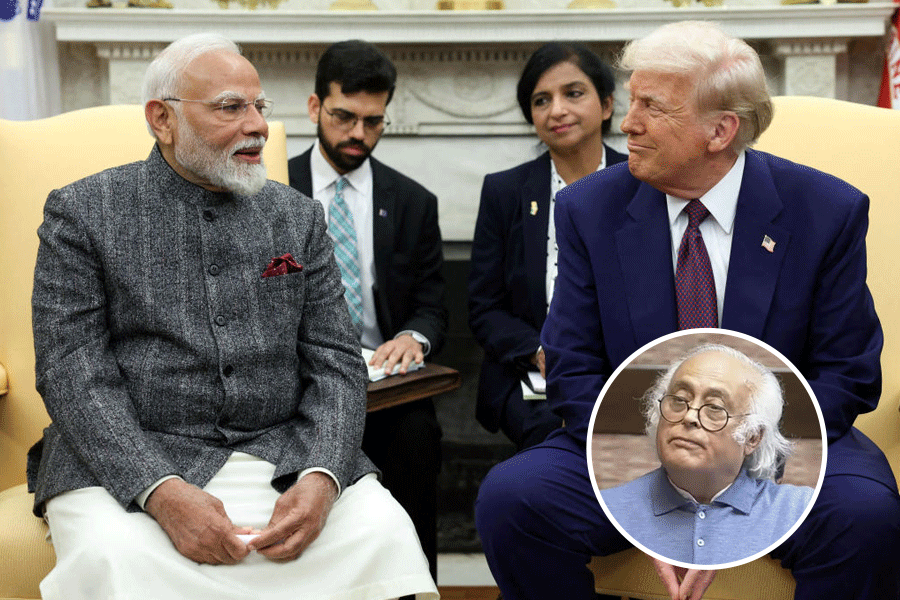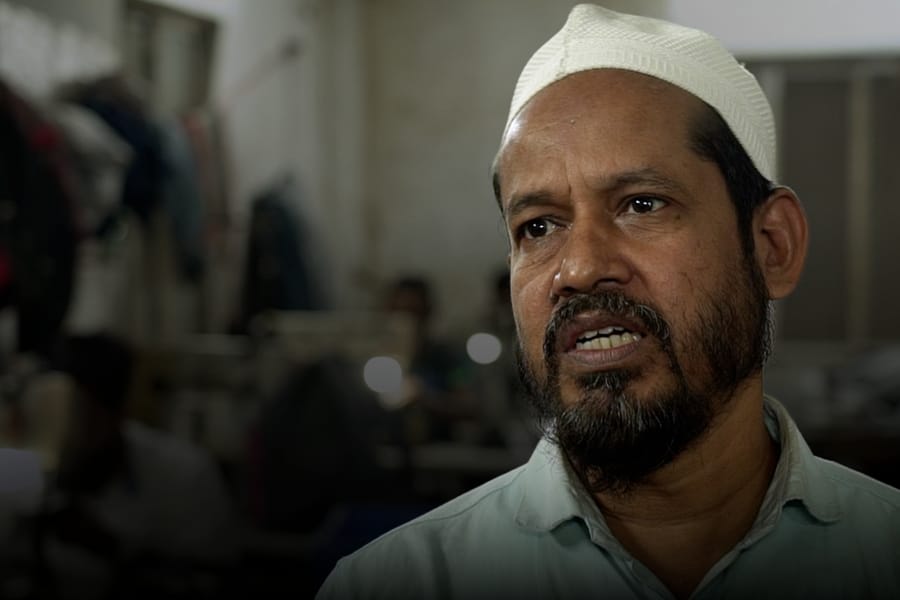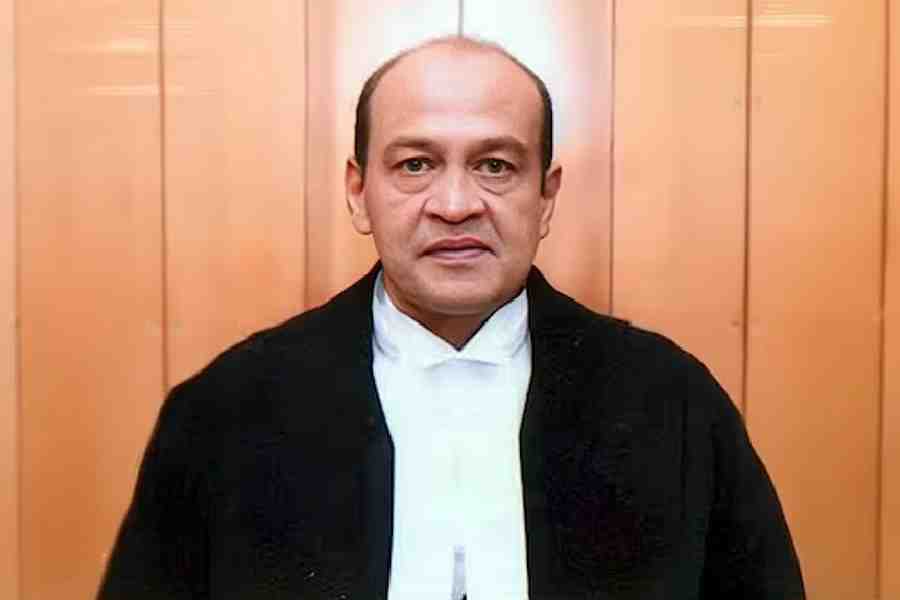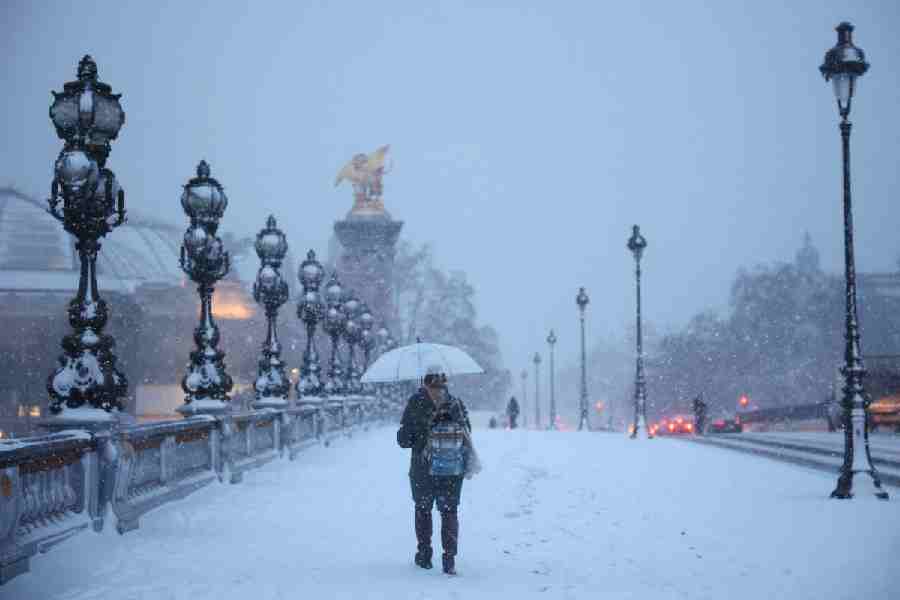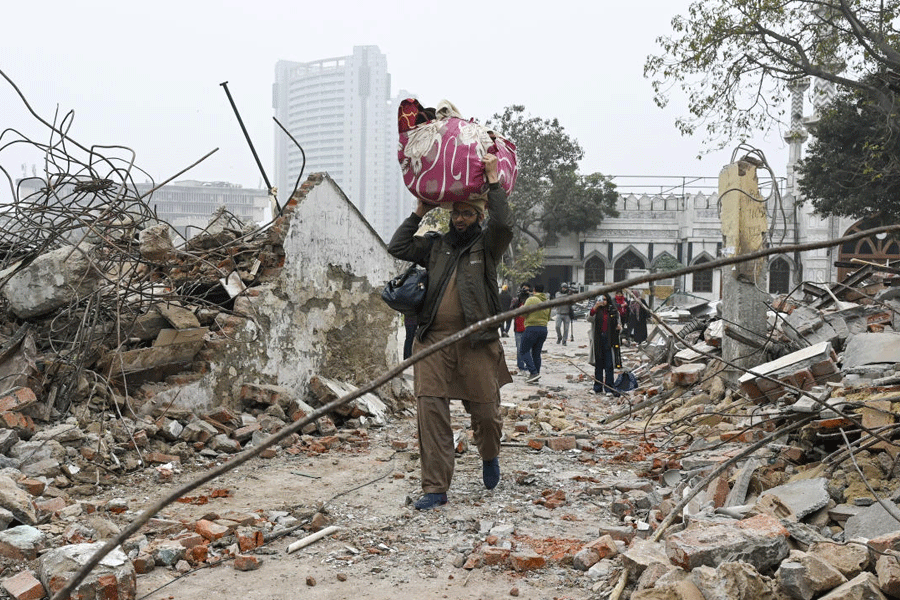At a United Nations Security Council meeting in May, the secretary-general, António Guterres, flagged the challenge of the world failing to live up to its commitments to protect civilians during armed conflicts. Most of the discourses on conflict revolve around the parties in the conflict. But discussion pertaining to the civilians caught in the crossfire does not attract much attention. It was pertinent that the secretary-general brought up this matter.
Conflicts, especially the ones that we have seen in the post-Cold War era, have peculiarities in terms of several variables at play, such as the involvement of State and non-State actors in inter and intra State contexts. The common thread that runs through these diverse situations is the suffering of non-partisan populations caught in conflict zones. The appetite of the parties involved and that of society to absorb collateral damage has been on the rise.
International human rights law provides guarantees to safeguard civilian lives and properties in almost all conceivable circumstances irrespective of the nature of the parties to conflict. These parties are legally bound to make a clear distinction between civilian and military targets. It is forbidden to target civilian populations either directly, through their property, or through their means of subsistence. Another aspect covered by IHL is that of the siege of civilian areas: this amounts to collective punishment as per Article 33 of the Fourth Geneva Convention. Non-State actors resisting occupation have the right to do so, but within the rules of international law.
Notwithstanding the prevalent legal framework and the mechanisms at the disposal of world bodies like the UN, the international community has failed to guarantee the safety of civil populations. Several states are yet to ratify the Rome Statute of the International Criminal Court. These include powerful international players like the United States of America, Israel, Iran, Russia, amongst others. Additionally, several African nations have cast aspersions on the fairness of the ICC. This indicates a lack of trust in world bodies vis-à-vis war crimes.
Parties in conflict often employ disproportionate military measures targeting civilian populations and infrastructure in the name of self-defence. Israel has been accused of this transgression during the latest crisis in Gaza. The abuse is difficult to prove since record-keeping suffers, as do the freedoms of media and human rights organisations, during conflict. The disinformation proliferated on social media makes recording of evidence even more challenging.
World bodies like the UN have enquiry commissions with adequate mandate at their disposal but the lack of political will on the part of its members has been a spoiler. A case in point is the repeated US vetoing of the proposal of referring Israel to ICC. This obviously is suggestive of impunity and injustice.
We have failed to complement IHL with international resolve. Impunity is often considered as a reward by the agent that practises it. Moreover, justice in the form of investigations comes at a slow pace and in times of an information vacuum (or a flood of disinformation) loses relevance. Several Human Rights Council reports pointing towards injustice arising out of impunity await cognisance.
The IHL is all-encompassing. Global leaders must show the determination to make sure that the law becomes universal and is accessible for the benefit and the purposes of the victims in conflicts. The lessons available to us after from the Second World War, when we learnt about the depravity of humans, have been unlearnt.
The international community continues to allow the corruption of the legal process augmented by the inactivity of the big players. Civilians in conflict zones thus remain in peril.
Shashank Ranjan has 32 years of experience in the Indian army. He teaches in O.P. Jindal Global University

